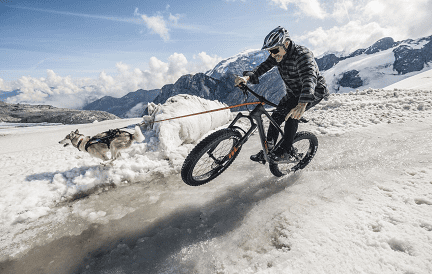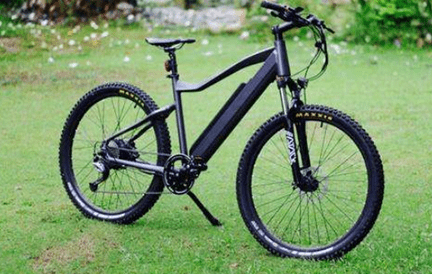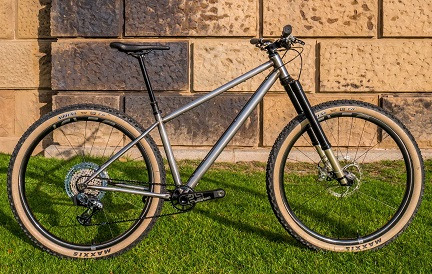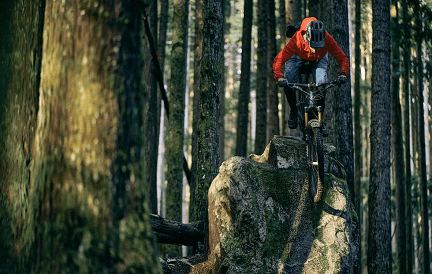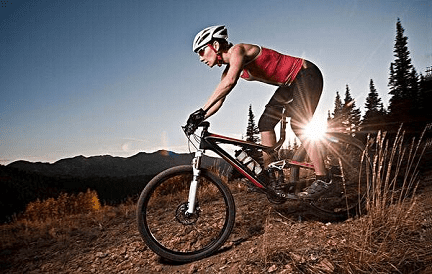XCC mountain bike a Short Cross-Country Circuit (XCC). A race comparable to XCO, but with loops of less than 1.0-2.0 kilometers (0.6-1.2 miles) in less challenging terrain and a time limit of 20-25 minutes. The XCC circuit course is 1 to 1.5 kilometers long, with the competition lasting 20 to 25 minutes and 6 – 8 laps on average. Each lap lasts approximately two to three minutes. A XCC circuit usually uses the XCO start-finish straight and may incorporate elements of the XCO course, although it can alternatively be completely different.
- Part 1: Introduction to XXC Mountain Bike
- Part 2: What Makes XCC Mountain Bike Cross-country Racing So Appealing
- Part 3: How Do the Overall XCC Mountain Bike World Cup Rankings Work
- Part 4: Which Is Lighter: XCC Hardtail or XCC Full-Suspension
- Part 5: Are Full-Suspension Bikes Suitable for Cross-Country
- Part 6: Are Hardtails Used by XCC Racers
- Part 7: Conclusion
Part 1: introduction to XCC Mountain Bike
The XCC mountain bike race takes held on the Friday afternoon before the XCO races on Sundays during a World Cup weekend. Because the event decides who will start in the first 3 rows of the main XCO race practically every top rider in the field will be required to compete. There are also World-Cup points available for those who complete the race in the XCO final rankings (another incentive why riders should compete). An XCC race’s winner receives 80 points the second 60, the third 50, and so on. Down until 40th position, points are awarded. The number of points that count toward the XCC final rankings from the XCC competition has been lowered from prior seasons. This is because, starting in 2022, the XCC would have its own World-Cup series, in which a contender will compete for an ultimate title and receive a gleaming trophy.
Part 2: What Makes XCC Mountain Bike Cross-country Racing So Appealing
Cross country cycling is a good indicator of your overall mountain biking ability. Fit enough to handle descents and summit sprints. XCC mountain bike events are thrilling because you battle against other rider’s elbow-to-elbow. While the early stages can be nerve-wracking, once you’re in the middle of the race, the field begins to spread out and relax. Cross-country skiing has a reputation for being a ‘serious’ sport, but Bike Radar has found the community to be wonderfully welcoming and inclusive, particularly at local races.
Riders are always willing to offer pre-race advice, and it’s not unusual to see families competing in several categories over the course of a race weekend. Finally, cross country races can lead you to some really gorgeous and scenic locations, so you never realize where you might end yourself if you venture outside your local races. Going downhill hitting rock gardens or placing air between your bike as well as the ground are all safer with today’s bikes than they were with past generations. Much similar what the X Games did for snowboarding and skateboarding, the shifting culture favors larger and faster with a greater focus on jumps and descents.
Part 3: How Do the Overall XCC Mountain Bike World Cup Rankings Work
Based on the sport’s success, the UCI decided to provide XCC its own World Cup series with an overall winner. The XCC will determine the start order for the main XCO race and gather XCO World-Cup results. Race strategy in XC and XCO In XCC, you go all-out for a short time to stay in the pack. There is minimal time for recovery, and athletes are practically immediately approaching their maximal heart rate. Quick acceleration in the penultimate lap may separate the pack. Opening laps in longer XCO races may be frenetic as riders compete for positions.
The cyclists tend to race inside themselves throughout the middle laps, conserving their energy. In the final two laps, cyclists assault each other to gain time or positions. The competitors are continuously playing mind games. Racing in World-Cup events can be intense, which is what makes XCO such an exciting and popular spectator sport. Sprint finishes, especially in XCC and XCO, get the adrenaline pumping and the crowd pumped up.
Part 4: Which Is Lighter: XCC Hardtail or XCC Full-Suspension
An XCC mountain bike hardtail would typically weigh 1 to 3 pounds less than an XCC full suspension bike. Despite having narrower XC tires & a shorter journey fork, XC full-suspension MTBs will be heavier due to the inclusion of a rear-suspension and a more sophisticated frame. Top-of-the-line XC full-suspension mountain bikes are either approximately the same weight or the full suspension is lighter. The hardtail would be lighter when both bikes are best of the range. Is weight a factor in cross-country riding? The answer is a resounding yes, because cross-country races frequently include uphill sections, where a lighter bike performs better.
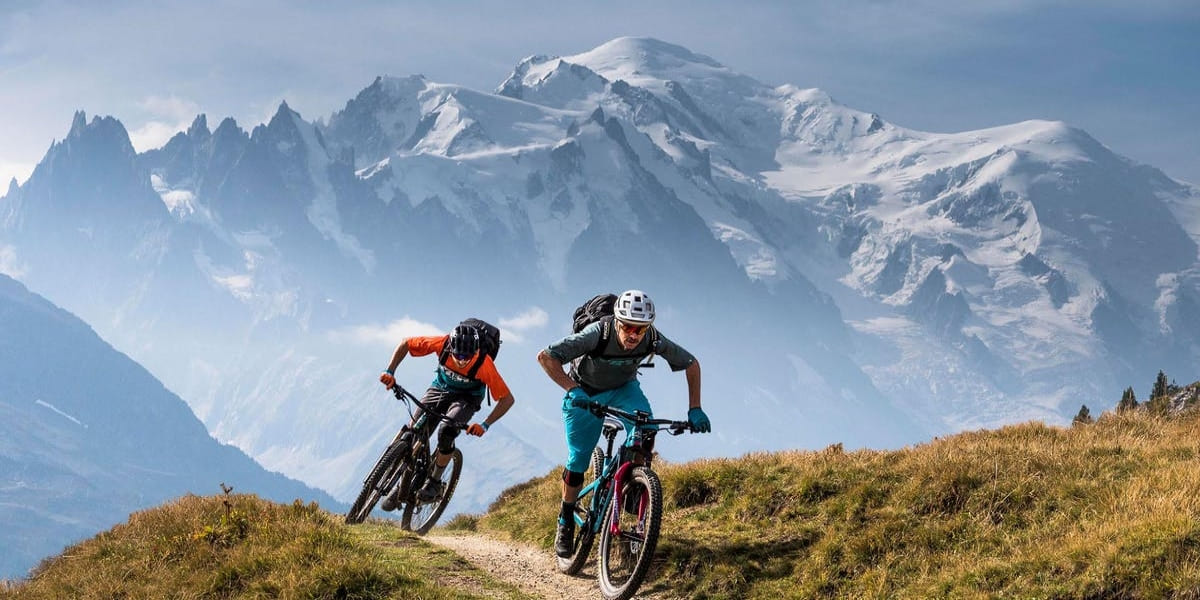
Part 5: Are Full-Suspension Bikes Suitable for Cross-Country
Modern full suspension mountain bikes are great for XCC since they’re light and speedy. The weight benefit that hardtails enjoy is dwindling, while FS MTBs benefit from better traction on uneven terrain. Cross-country racing was formerly confined to hardtails, but today some full-suspension mountain bikes compete as good or better. XC tires, 100 mm fork, and 100 mm rear suspension. Full suspension mountain bikes won’t outperform hardtails on flat trails, but they will on routes with roots and rocks. Cross-country races are their specialty.
Part 6: Are Hardtails Used by XCC Racers
Previously, all XCC racers rode hardtails, but now more & more riders are opting for full suspension. Many riders will also have dual bikes: a hardtail for gentler routes and a full-suspension for more challenging trails. In many XCC competitions, riders choose hardtails or full-suspension bikes according on their riding style. There is no longer a norm; some pro-riders prefer hardtails, while others prefer full suspension, and still others ride both based on the trail.
Part 7: Conclusion
Full-suspension MTBs have made hardtails obsolete for cross-country racing. A full suspension Bike will perform better on more challenging XCC terrain. While a hardtail will always be the best option on smooth XCC mountain bike tracks. It all depends on the type of cross-country tracks you race on & your particular tastes.

